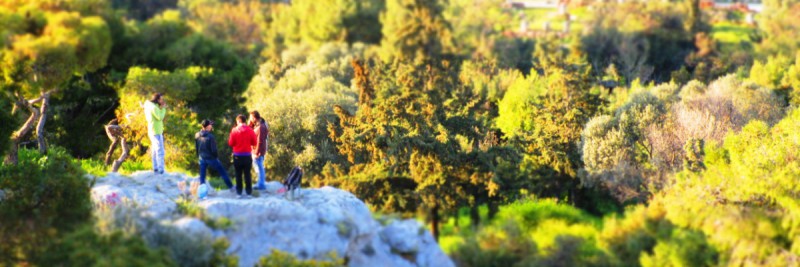What does sustainability mean ?
From thinking in generations to balance orientation
Farsighted and balanced. Is this the way to transform “sustainability” into action and thus to describe interaction between man and nature? The Ark Metropolis Europe expedition explores the question which significance the term “sustainability” has in the various regions of Europe.
A holistic concept
Ark Metropolis sees sustainability as a societal issue in its entirety and as a process orienting on balance / equilibrium. A view on the overall structure and the systemic relationships is the key to sustainability and “balance-oriented action” opens the door.
There are many ways to go to stabilize our environment for future generations and to earn the respect of these generations. The short-term, narrow thinking in election periods and quarterly results and the struggle over the distribution of resources are just a few topics that stands in the way of sustainability. Action is needed because the economic overexploitation of ecosystems coupled with a lack of solidarity in society can lead to the collapse of civilization, and thus affects all people.
The generations that follow shall have the same opportunity to live a full life as we do. This corresponds to the basic concept of sustainability. At the same time the opportunities for all people on earth must be possible in equal measure. Sustainability means neither permanence nor to ask for own benefits.
In this sense, sustainability is a farsighted, comprehensive thinking and acting in generations, not legislation periods or quarterly figures.
The 3-pillar model and the missing elements
Authenticity, honesty, transparency and a return to traditional values form the foundation and are guarantors for successful action. A sustainable development designed in such a kind interconnects economic progress with social fairness, protection of the natural environment and the ability of responsible participation and attendance.
For Ark Metropolis “participation” is alongside social, environmental and economic aspects the missing 4th element for a succesful Sustainable Development. All people have a responsibility to themselves and to the whole. For this reason, Ark Metropolis takes the motto “omnes pro solidum”: all for the whole.
“Culture” is the also missing 5th element. It describes everything a human being is able to move by his creative power through action and mind and brings forth. Human civilization is defined by culture and therefore culture is often seen as a conscious contrast to nature. It’s all about the general possibilities that open up for people.
But by no means everything which is possible is desirable or even useful in terms of a sustainable relationship with nature. Therefore, the use of cultural achievements in the context of human-nature interaction is justifying particularly the need for responsible thinking and acting that are based on ethical principles.


